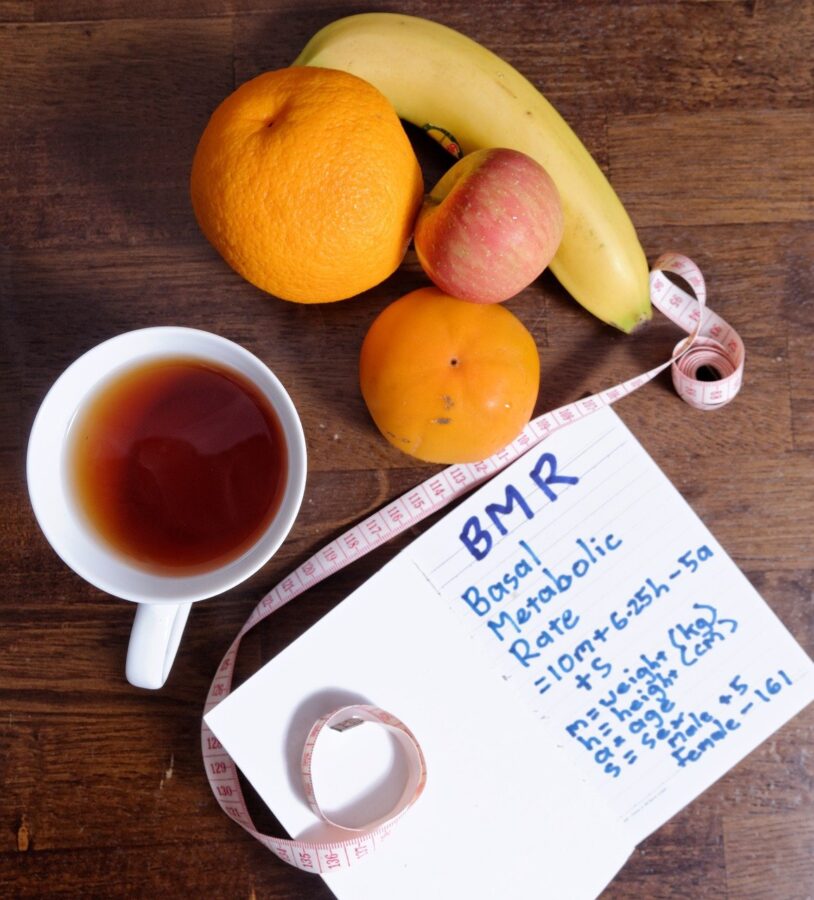Learn All About Metabolism And How It Relates To Health

Our metabolism is defined by the foods we eat and the drinks we consume. To learn about metabolism, you must learn more about what you use to fuel your body as this is what is used to power your metabolism. Metabolism is the process by which our bodies convert what we eat and drink into energy.
We’ve all heard someone say they can’t lose weight because their metabolism is slowing down. This is not exactly the case. Instead of being grateful for metabolism, we tend to blame it and use it as an excuse for an unhealthy body. Other factors such as age, sex, and body size cause natural variation in resting metabolic rate. But those differences are expected, and they are not usually the root cause of obesity or the inability to lose weight. Consuming too many calories and not getting enough exercise leaves us with excess energy that we store as fat – plain and simple. The best ways to lose weight and achieve better, more vibrant overall health is staying active, eating a healthy diet, and not trying to change the speed of your metabolism with chemicals or supplements.
There are several myths out there about metabolism that we should examine as we continue to learn about metabolism.
The first is that eating a hearty breakfast will jumpstart your metabolism. Although there are benefits to eating breakfast, it does not jumpstart your metabolism. In fact, studies found no difference in calories burned over 24 hours between people who ate or skipped breakfast. While some think skipping breakfast will lead to less calories being eaten throughout the day, the same study noted that those who skipped breakfast compensated by having a larger meal for lunch and dinner. Another myth deals with eating smaller, more frequent meals increases the metabolic rate. As we learn about metabolism, this former opinion isn’t exactly true.
The thermic effect of food (TEF) is the energy we expend to process, use, and store the nutrients in our meals. However, the temporary boost in our metabolic rates is directly proportional to how much and what types of foods we eat. So, while eating six small meals over the course of a day would slightly increase your metabolism six times, eating three larger meals per day can result in a similar overall effect through three proportionally larger boosts.
So, are there foods that can influence the metabolic rate? Protein rich foods like meat, eggs, dairy, legumes and seeds can help boost metabolism for a few hours. Mineral-rich foods with iron and selenium play a large part in proper metabolism. This includes consuming meat, seafood, legumes, nuts, and seeds. Chili peppers, coffee, and tea can be consumed to help the metabolic rate.
How deprivation of food or sleep affects your metabolism is another factor to consider. Regardless of your weight, eating too little can backfire by slowing the rate at which your body burns calories. For instance, some people skip breakfast and lunch and just eat dinner. But not eating all day signals to your body that there’s a shortage of food, so your metabolic rate goes very low. And as soon as you eat anything, your body tries to store every calorie in that food.
Regarding your metabolism and weight loss, you should aim to eat three or four small meals a day, mainly vegetables, whole grains, and lean proteins. Finally, ensure you get seven to nine hours of sleep each night. Sleep deprivation can cause your body to produce too much insulin, leading to increased fat storage and yet another hurdle in your quest for overall health and wellness.
To learn more about metabolism, continue reading and researching. There are plenty of resources available to help you learn about metabolism.